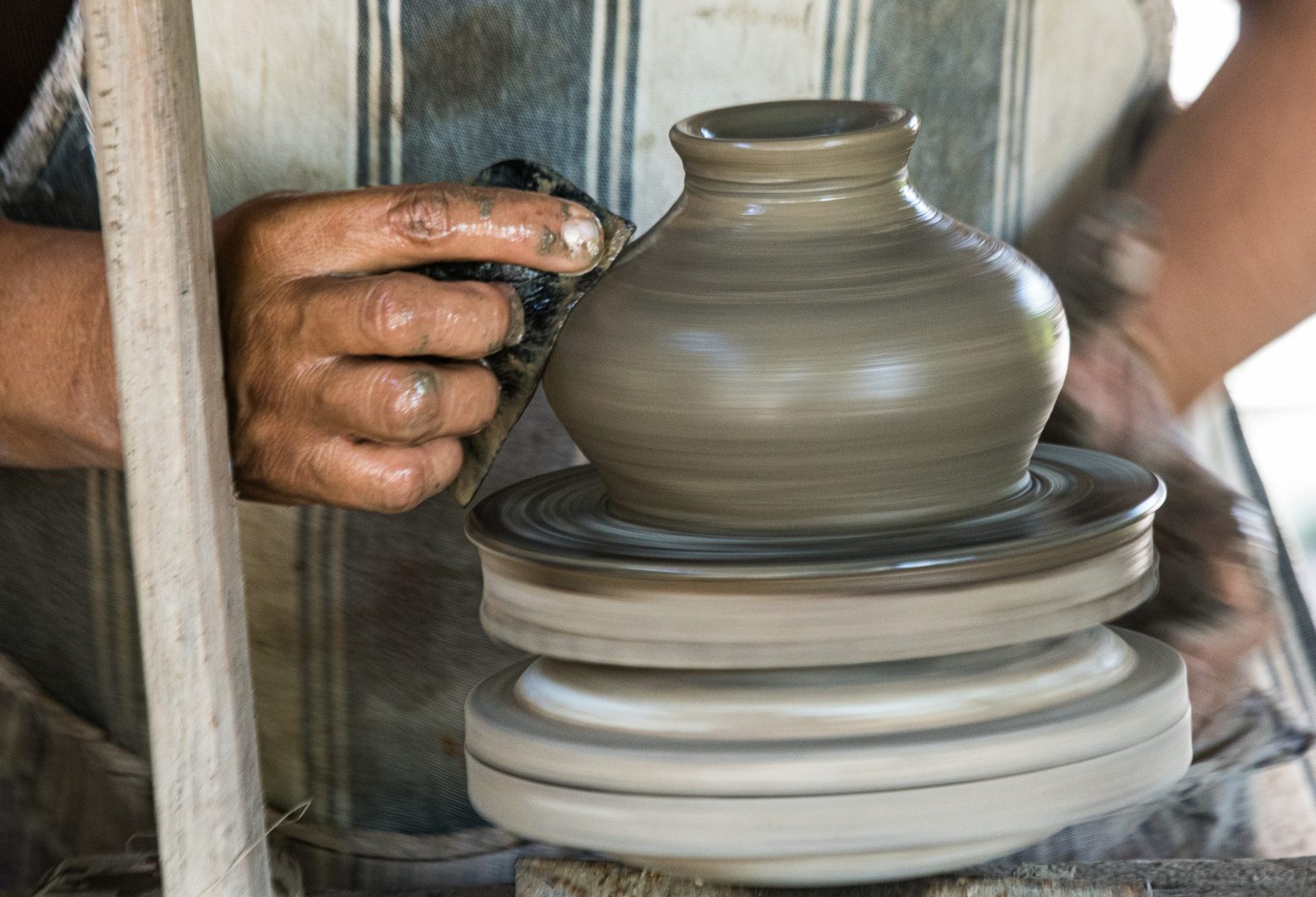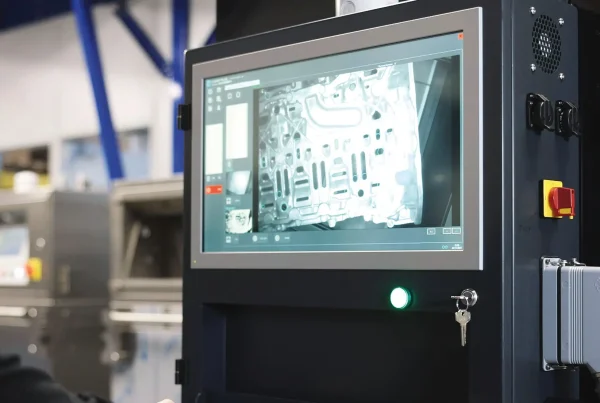For the ceramic, plastic, and packaging sector, the three associations of instrumental goods manufacturers – Acimac, Amaplast, and Ucima – are experiencing a period of great success, with a turnover exceeding 16 billion euros and a robust 4% increase throughout the year. Representing a significant portion of the Federmacchine family with 1,150 companies and nearly 60,000 employees, these associations contribute impressively to Italy’s trade balance, with one euro out of seven coming from this trio of Made in Italy.
Ucima (616 companies and 37,700 employees).
It is poised to surpass all previous records. In 2023, Italian packaging machine manufacturers are set to achieve historic highs, surpassing the 2022 turnover of 8.54 billion euros with a substantial 6% increase, reaching over 9 billion euros. This remarkable result is accompanied by an 81.3% export contribution, approaching 7.4 billion euros, reflecting a 12% increase. Despite a 14% contraction in the Italian market in 2023, positive prospects are fueled by investments outlined in the Industry 5.0 plan, represented by the 6.3 billion euros from RePowerEU. Clarity and rules regarding fund allocation, especially in relation to the challenges of artificial intelligence in manufacturing, are eagerly awaited.
Amaplast (400 companies and 14,500 employees).
Witnessed a slowdown in the rapid double-digit growth of Italian manufacturers of machines, equipment, and molds for plastics and rubber in the last quarter of 2023. However, unprecedented performances are evident, with production reaching 4.82 billion euros (+3.2%). Key to this is a 4.9% increase in exports, reaching 3.4 billion euros, primarily driven by the United States. Conversely, the domestic market experienced a 0.7% decline to 1.4 billion euros due to the cessation of incentives. Amaplast played a prominent role in industrial battles in Brussels, contributing to the revision of packaging regulations in favor of recycling. The future is expected to be dominated by investments in digitization and servitization, offering significant sustainability benefits. The next challenge will be generative artificial intelligence, with its potential applications still being fully understood.
Acimac (137 companies and 7,300 employees).
It navigated a fluctuating year, registering a slight contraction of 1.7% after a significant 14.9% growth in 2022. Despite these fluctuations, it maintained its global leadership with a turnover exceeding 2.3 billion euros, well above the 1.5 billion euros in 2020 affected by the post-Covid collapse. The decline in foreign markets (-4.1%) reduced the export share to 70%, ten percentage points less than a decade ago, but this decline was almost entirely compensated by a 4.6% increase in domestic sales. Paolo Lamberti, Acimac’s president, expresses satisfaction with maintaining the share above 2 billion euros for the third consecutive year but anticipates challenging years due to saturated markets, lack of geopolitical investment stimuli, and an expected -5.6% decline in global ceramic production in 2024, with modest recoveries until 2027.
In summary, despite challenges in the global economic landscape, the industries represented by Acimac, Amaplast, and Ucima continue to demonstrate the strength and resilience of Made in Italy worldwide, significantly contributing to the national economy and envisioning a promising future in the context of Industry 5.0 and artificial intelligence.



